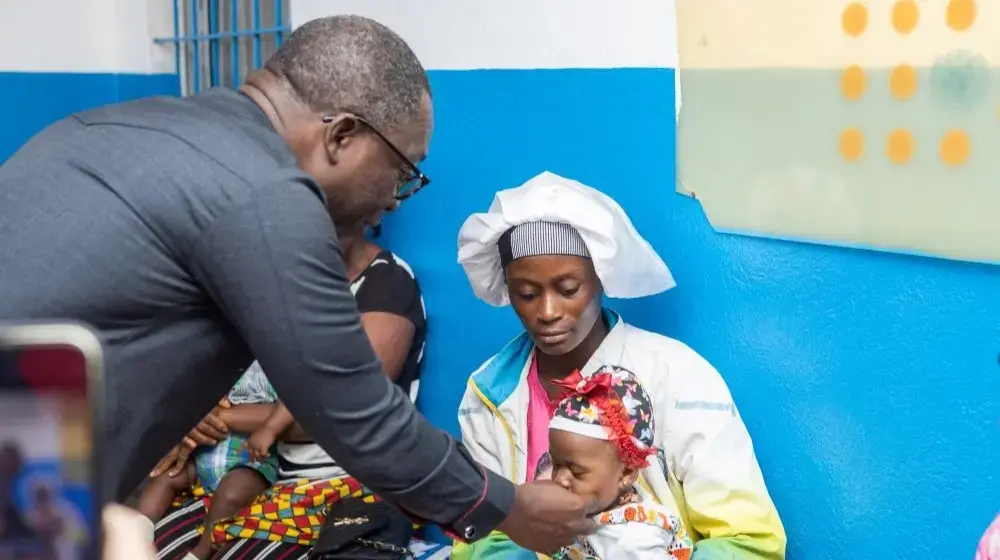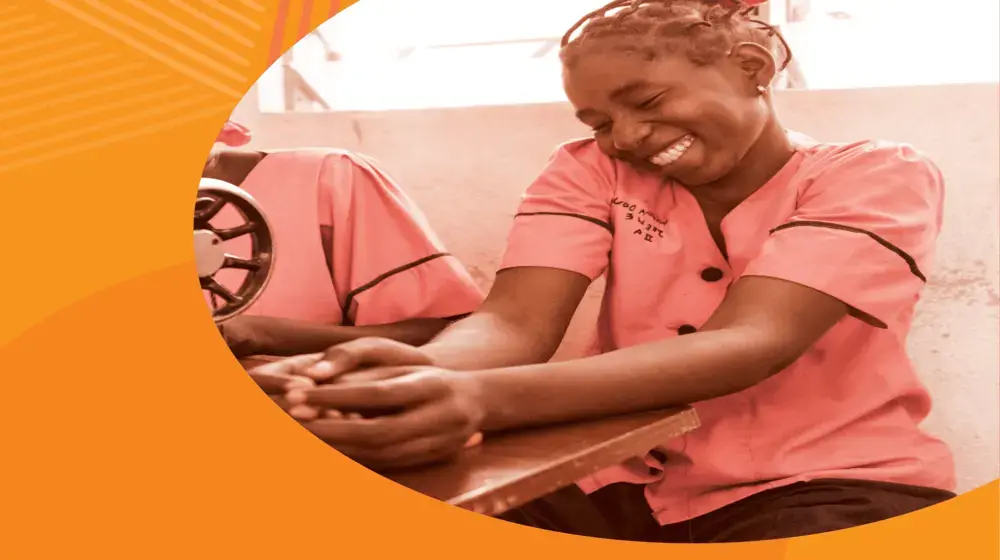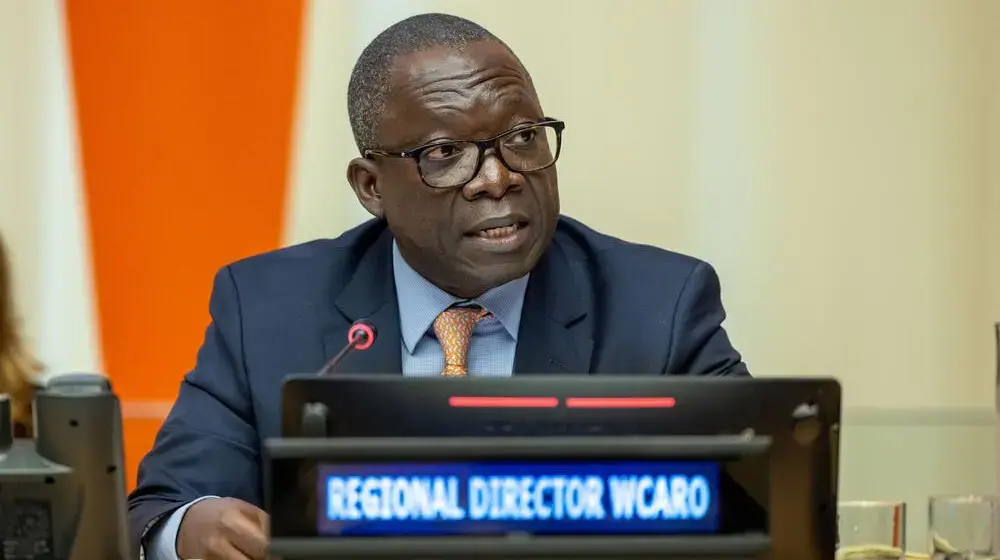In order to ensure women and under 5 children can reach in time local health services, the United Nations Population Fund (UNFPA) is donating motorcycle ambulances to rural areas. By the end of this year, 7 regions will receive those helpful vehicles
Small, lumpy and muddy roads make some areas of rural Guinea-Bissau nearly inaccessible. Pregnant women take long time to get to health centers, very often endangering their health and their babies’.
Therefore, UNFPA is supporting the Guinea Bissau ministry of Health in finding a solution to cut time short between isolated areas and health centers: a motorcycle pulling a small ambulance.
The vehicle is much smaller than a regular ambulance allowing it to run in narrow roads that become nearly impossible during the rainy season which lasts from June to November.
On 19 September, UNFPA has donated 10 motorcycle ambulances to the city of Buba in the region of Quinara –southern Guinea-Bissau. To date, two regions --Quinara and Tombali-- have received the motorcycle ambulances. The objective is to cover 7 out of the 8 country regions.
Local communities were excited about the initiative and highlighted that pregnant women and their children up to 5 years old will now be able to get qualified health assistance in good time.
For Nhiabali, a community leader, “we are very grateful, this will help our women and our children obtain medical care on time.”
The ambulances will be managed by the community for their own benefit and social mobilisation assistants have been deployed to work with communities at the local level to ensure the proper management of the material.

“Delays in managing obstetric emergencies are in the origin of the three leading causes of maternal death: the delay in taking a decision to consult health services; the delay in transporting patients to appropriate facilities; the delay in getting health care at reference centers. These motorcycle ambulances will greatly shorten the second delay. It is now the communities’ responsibility to keep these assets in good condition, in order to save lives”, Alfredo Alves, representing the Ministry of Health, said.
For UNFPA Country Representative in Guinea Bissau, Violet Kakyomya: “This is symbolic act, but highly significant because it (…) will strengthen the response capacity of the communities to ensure that women and children will acquire medical attention when required and on time. I am thankful to the Swedish development Agency, our partner that supported this project since the beginning.”
Besides the motorcycle ambulances, local health centers received delivery kits enough to cover their needs for a year.
All the reproductive health commodities were offered in the framework of the inter-agency joint programme H4 + including UNFPA, UNICEF, WHO, UNWomen and UNAIDS, funded by the Swedish International Development Cooperation Agency (SIDA). Health 4+ (H4+) supports countries with the highest rates of maternal and newborn mortality, and accelerate progress in saving the lives and improving the health of women and their newborns.
UNFPA will donate another 30 motorcycle ambulances to the remaining health regions covered by the joint programme before the end of the year.
In 2013 maternal mortality ratio in Guinea-Bissau was high as 560 deaths per 100,000 live births compared to an average of 460 in Africa, 230 in developing countries and 15 in the industrialized world (estimates by WHO, UNICEF, UNFPA, the World Bank and the United Nations Population Division, Trends in Maternal Mortality: 1990 to 2013).





